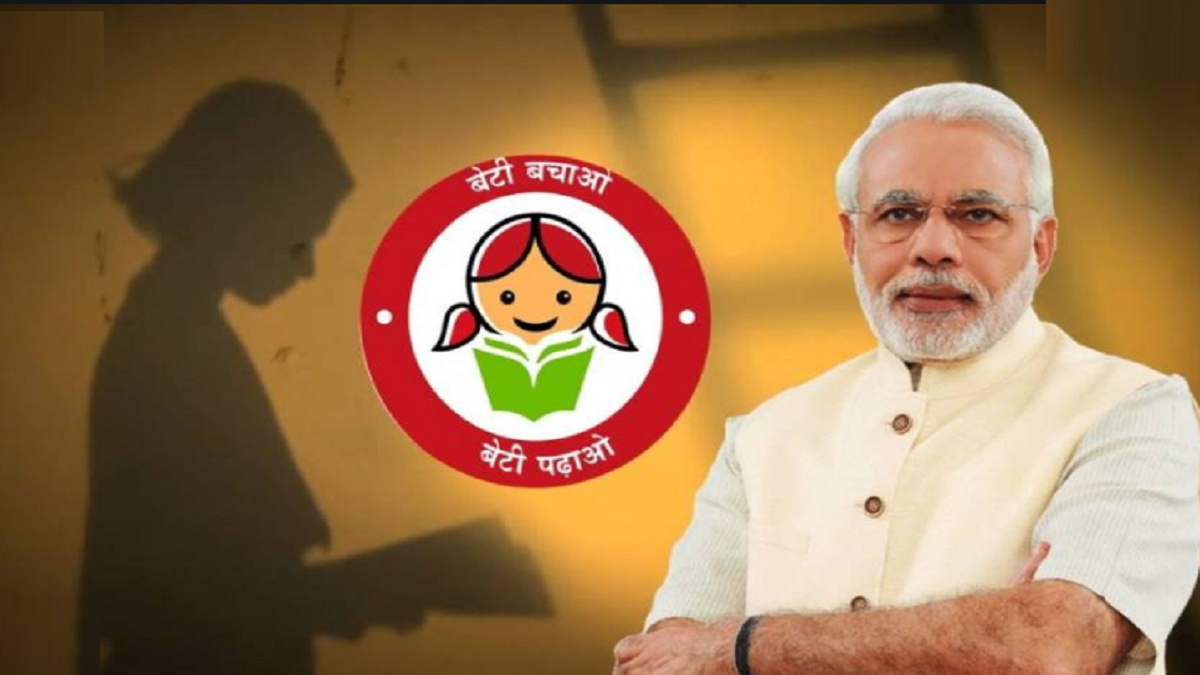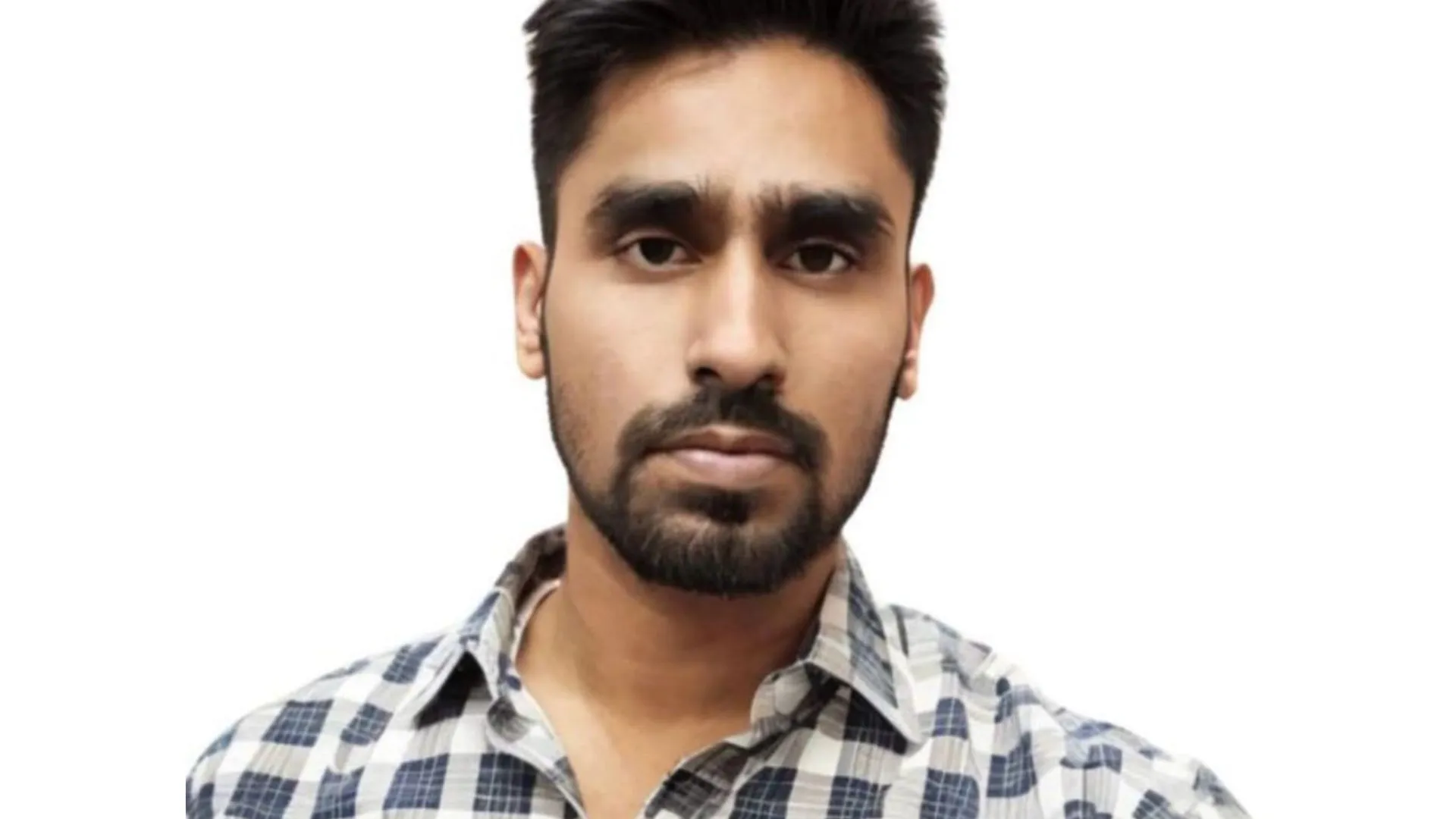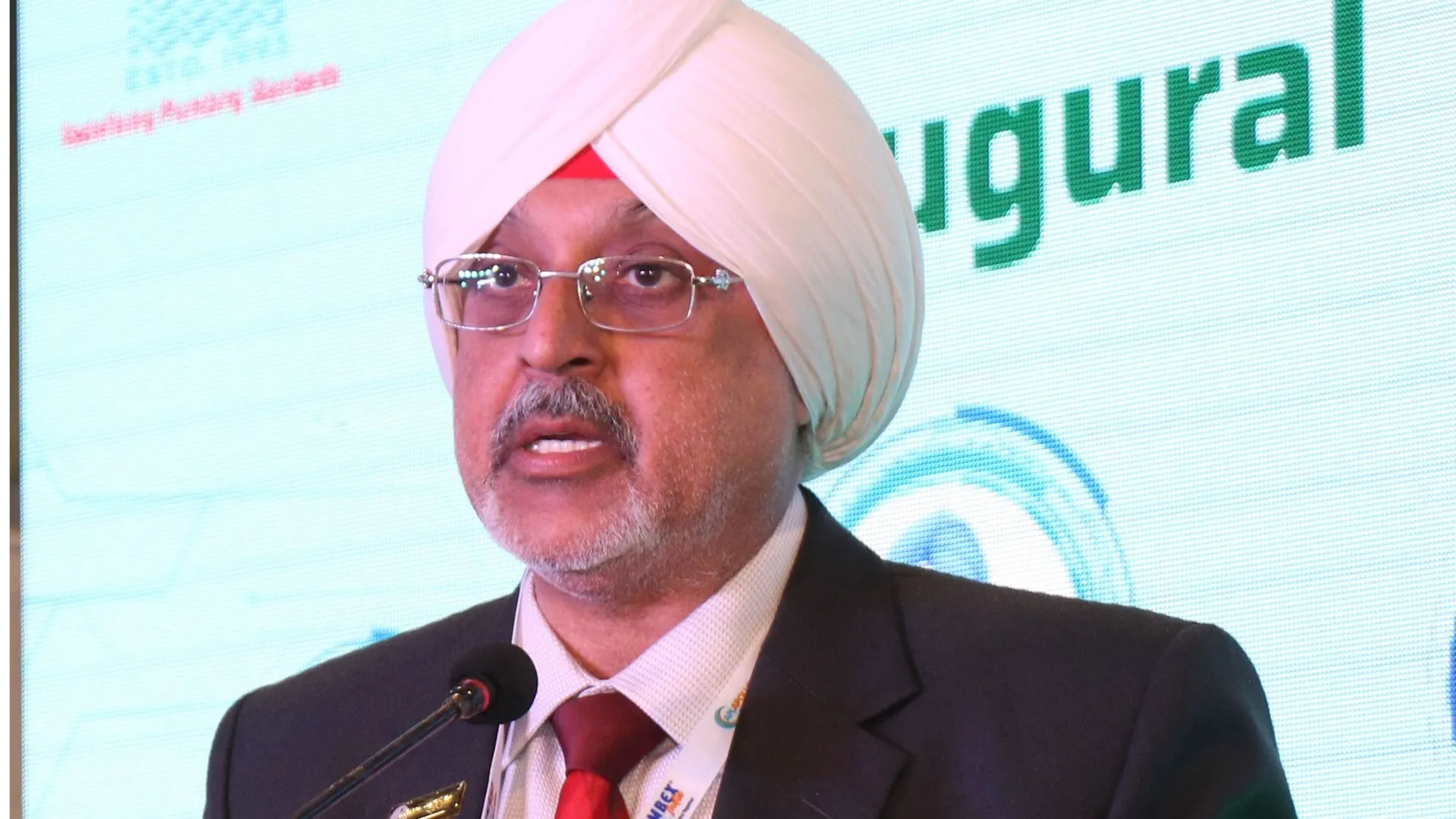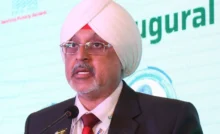Narendra Modi is the first Prime Minister who in his Independence Day speech expressed the concern for protection of girl child. On the occasion of country’s 68th Independence Day on 15 August 2014, in his address to the nation, PM Narendra Modi espoused the cause of protection of girl child, female foeticide, and declining sex ratio in the country. Subsequently, on 22 January 2015, the Prime Minister while launching ‘Beti Bachao Beti Padhao’ campaign from Panipat, Haryana, said that ‘for every 1,000 boys born, 1,000 girls should also be born.’
Beti Bachao
The Beti Bachao Beti Padhao Scheme (BBBPS) is a flagship programme run by the central government to ensure the survival, protection and education of girl child. It is a centrally sponsored scheme that provides 100% financial assistance to state governments to encourage girl child education. The guidelines of the scheme emphasise the importance of enforcing the PCPNDT Act at the national, state and district levels. The district authorities are required to effectively monitor and ensure that the sex-determination tools are not misused by families and doctorsand to take stringent legal action against them in case of violations.
The PCPNDT Act
The preference of a son over a daughter has been a deep rooted social evil in Indian society which earlier led to female infanticide i.e intentional killing of infant girls. The advent of ultrasound technology for pre-natal sex determination has substituted female infanticide by sex selective abortion of female foetus. It is estimated that about 30 per cent of women in India resort to sex selection out of desire to have a son (UNFPA, 2012).The Pre-natal Diagnostic Techniques (Regulation and Prevention of Misuse) Act, 1994 (PNDT Act) was enacted to address the problem of sex selection of the foetus. The Act came into force from 1st January 1996. The PNDT Act was amended in 2003 and renamed as Pre-conception and Pre-Natal Diagnostic Techniques (Prohibition of Sex Selection) Act, 1994 (PCPNDT Act).
The PCPNDT Act prohibits use of sex selection and regulates use of prenatal diagnostic techniques which can be used only for genuine purposes for detecting abnormalities. The Act provides punishment of imprisonment in case of violations. There is a complete machinery i.e supervisory boards at central and state level and appropriate authority at district level for enforcement of the provisions. The appropriate authority has the power to search and seizure of documents and issue search warrant to any place suspected of being used for sex determination. The authority can cancel or suspend the license of any diagnostic center after giving notice of violation of the provisions of the Act. It has the power to prosecute any person for commission of offence under the Act by filing a complaint before the competent court. The PCPNDT Act is thus a complete code having stringent provisions to act as a deterrence against sex selection.
Role of the Supreme Court of India
Even though the Act came into force in 1996, it was not implemented properly. Therefore, Center for Enquiry into Health & Allied Themes (CEHAT),an NGO filed a writ petition i.e CEHAT and Others v. Union of India & Ors: (2003) 8 SCC 412 in the year 2000 before the Supreme Court of India seeking directions to the central government and state governments to appoint the authorities for implementation of the PNDT Act. The Supreme Court while making an observation that “it is unfortunate that law which aims at preventing such practice is not implemented and, therefore, Non-Governmental Organisations are required to approach this Court for implementation”, decided the writ petition by directing the central and the state governments to implement the PNDT Act with full vigor and zeal and appoint the authorities contemplated under the Act.
Despite the directions of the Supreme Court, the Act was still not adequately implemented which led to the filing of another writ petition i.e Voluntary Health Association of Punjab vs. Union of India & Ors.:(2013) 4 SCC 1 before the Supreme Court in 2006. The Supreme Court, after taking the note of the fact that despite declining trend of sex ratio the provisions of the Act have not been adequately implemented by the various States and Union Territories, observed that: “
there had been no effective supervision or follow-up action so as to achieve the object and purpose of the Act… mushrooming of various sonography centres, genetic clinics, genetic counselling centres, genetic laboratories, ultrasonic clinics, imaging centres in almost all parts of the country called for more vigil and attention by the authorities under the Act…their functioning was not being properly monitored or supervised by the authorities under the Act or to find out whether they are misusing the pre-natal diagnostic techniques for determination of sex of foetus leading to foeticide.”
With the above observation, the Supreme Court on 4 March 2013 not only issued directions to the Central Supervisory Board and the State and Union Territories Supervisory Boards to oversee the effective implementation of the Act but also directed the various courts in this country through the Registrars of various High Courts to take steps to dispose of all pending cases under the Act within a period of six months. The Supreme Court has also directed to file the Status Report within a period of three months.
Thereafter, in a landmark judgment on 8 Novemeber, 2016 in Voluntary Health Association of Punjab vs. Union of India & Ors.:(2016) 10 SCC 265, the Supreme Court passed further directions for effective enforcement of the Act. The relevant directions with regard to the prosecution for violation of the provisions of the Act interalia are:
- The provisions contained in Sections 22 and 23 shall be strictly adhered to. Section 23(2) shall be duly complied with and it shall be reported by the authorities so that the State Medical Council takes necessary action after the intimation is given under the said provision.
- If there has been violation of any of the provisions of the Act or the Rules, proper action has to be taken by the authorities under the Act so that the legally inapposite acts are immediately curbed.
- The Courts which deal with the complaints under the Act shall be fast tracked and the concerned High Courts shall issue appropriate directions in that regard.
- The judicial officers who are to deal with these cases under the Act shall be periodically imparted training in the Judicial Academies or Training Institutes, as the case may be, so that they can be sensitive and develop the requisite sensitivity as projected in the objects and reasons of the Act and its various provisions and in view of the need of the society.
- The Director of Prosecution or, if the said post is not there, the Legal Remembrancer or the Law Secretary shall take stock of things with regard to the lodging of prosecution so that the purpose of the Act is subserved.
- The Courts that deal with the complaints under the Act shall deal with the matters in promptitude and submit the quarterly report to the High Courts through the concerned Sessions and District Judge.
- The learned Chief Justices of each of the High Courts in the country are requested to constitute a Committee of three Judges that can periodically oversee the progress of the cases.
Enforcement of the PCPNDT Act
The very fact that the CSR (Child Sex Ratio) dipped from 927 to 919 between 2001 and 2011 census while the Act was in force, shows that the Act hardly made any deterrent effect during that period. As per the government reports, the total number of pending court and police cases under the Act between 1996 and 2014 were 2,021 while number of convictions was 206. The number of court cases increased to 2,152 with 306 convictions in 2016. By March 2018, the total number of complaints filed under the Act increased to 2735.
Despite the increase in number of complaints filed under the Act, there is substantial fall of SRB (Sex Ratio at Birth). As per the Niti Aayog Report of 2018, 17 out of 21 large states of the country have recorded dip in SRB with Gujarat recording an alarming dip of 53 points. The Niti Aayog Report while stressing on the need to check sex-selective abortion, urged the states to effectively implement the PCPNDT Act.
The 10th Review Committee of National Health Mission, 2016 pointed out that “the level of implementation of PCPNDT Act was abysmal. Lack of witnesses and insufficient evidence were cited as major reasons that resulted in cases falling through, thereby resulting in low conviction rates”. Similarly, the 12th Review Committee of National Health Mission, 2018 also recorded the poor implementation of the Act.
Emerging Challenges
The In Vitro Fertilization (IVF), Pre-Implantation Genetic Diagnosis (PGD) and Pre-Implantation Genetic Screening (PGS) technologies which give a ray of hope to childless couples, pose serious challenges to Beti Bachao programme. With the number of IVF and fertility centres growing in semi urban places and society’s preference for male child, there is every possibility that these centres shall become the son facilitating business hubs.
The Prime Minister’s dream of achieving the target of ‘1000 girls born for every 1,000 boys born’ shall be defeated unless there is greater involvement of the community leaders, civil society organisations and public in enforcement of the PCPNDT Act. The authorities must be committed to ensure that the complaints filed in the courts must result in convictions. The legislators must oversee the effective enforcement of the Act through the parliamentary committees. The judicial process while adhering to the Supreme Court directions should ensure the speedy trial of the complaints filed under the Act.
The writer is Advocate, Supreme Court of India.










